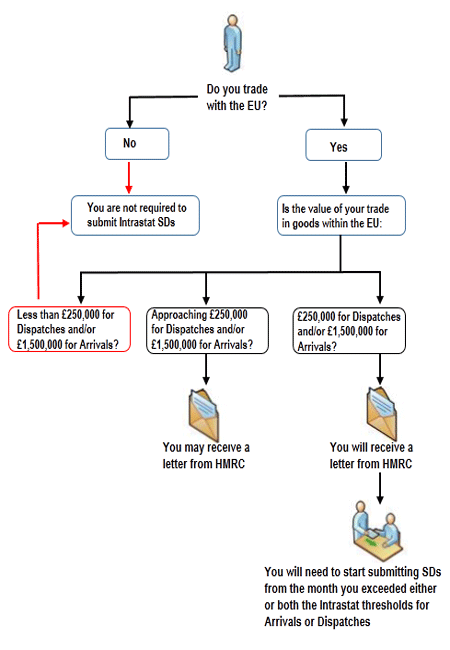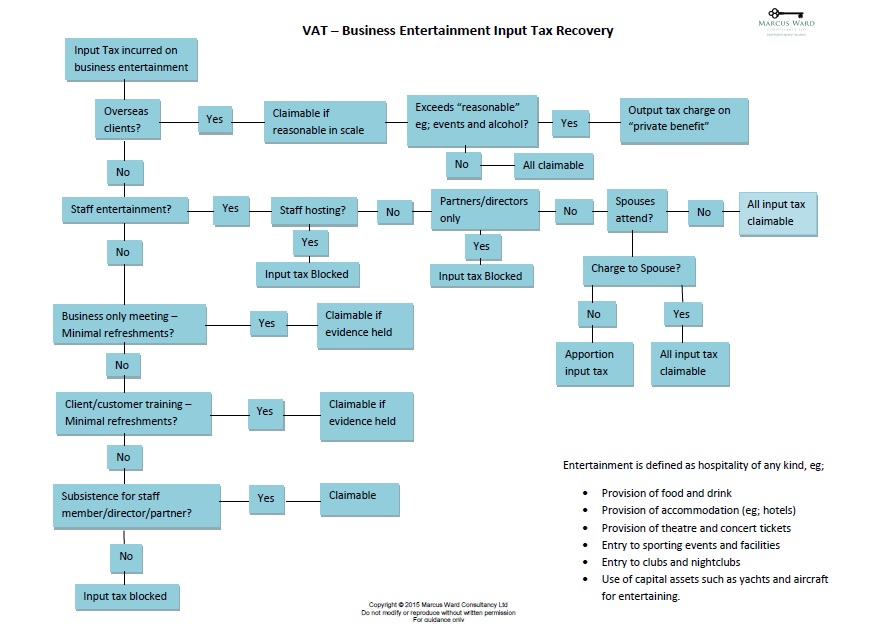VAT free shopping for all! Save 20% on anything you buy!
This seems very unlikely I hear you mutter, but, but…..
If you live in the UK after a No Deal Brexit, there is a simple way of never paying VAT on any retail purchases for your own use. From a piano to a gymnasium, from a teapot to a lawnmower – all may be purchased completely VAT free and legally. It does not appear that the Government has considered this, it certainly does not feature in the recent report on the “Alternative Arrangements”. This is especially relevant to the Northern Ireland/Republic of Ireland land border. It may be that if we believe hard enough in Brexit we can avoid UK residents not paying UK VAT…
So how will this fabulous shopping opportunity come into being?
There is an EU-wide system (set out at Article 131 of The Principle VAT Directive) which provides for the recovery of VAT incurred by individuals from outside the EU. Clearly, after a No-Deal Brexit, that will be anyone in the UK. This is called the Retail Export Scheme (RES). After a hard Brexit, any goods moving from an EU Member State into the UK will now be classed as exports (pre-Brexit there is free movement of goods within the EU, so there would be no exports when goods move cross-border within the EU).
How does RES work?
When an individual buys goods in an EU Member State and exports them for his/her personal use, the retailer will charge VAT at the rate applicable in that country. The shop will also issue a certain document. This document is stamped when the goods are physically exported buy the buyer and the customer returns the form to the retailer. It is a quite painless procedure. When this evidence that the goods have been exported is received by the retailer, it will refund the VAT paid – The result = VAT free shopping. Also, the scheme has no minimum sales value.
And after Brexit?
The UK has said its 2017 Customs Bill that VAT will not be charged on personal imports. This is effectively inviting tax free cross-border shopping and consequently, logically, reducing retails sales in the UK. I am sure that that is not what the Government had in mind. It is likely that there could be wide scale use of RES. After all, what is a bit of paperwork and a short drive to save 20%?! This is even before one considers the abuse of the arrangements, which, with the obvious financial benefits, could be significant. A day trip to mainland Europe will be very inviting, and then, there is our land border…
Some politics…
The Irish border
Clearly, the most relevant issue is the Irish border. Regardless of the political noises, there will be a “difference” between EU and “third country” (which the UK will be after a No Deal Brexit) rules between the two countries. These differences facilitate the use of the RES. There is nothing in any proposals which will prevent cross-border shopping on the island of Ireland. I can imagine retailers in Dublin rubbing their hands together while those in Belfast gloomily survey empty shops. Perhaps new retailers will pop up on the Irish side of the EU/UK divide to make matters even more helpful for bargain hunting shoppers from the UK. Another issue which I doubt the UK has considered is that if there is no border (which we are told by the Government will happen even though a No-Deal Brexit will definitively and specifically not permit this) there will be nobody to stamp the forms. I won’t get into the politics of the Good Friday Agreement (GFA) and a No Deal Brexit, but it seems almost certain that there will have to be a deal with the EU to ensure there is no border, OR the UK must renege on the GFA which could bring terrifying consequences to peace in the area, amongst a lot of other issues. What a mess.
Importance of a border with the EU
No two countries outside of the EU have ever removed border checks between themselves. They try to streamline checks where possible, as everybody wants smooth trade, but always retain border checks. Why? Simply, for goods trade, a border post is the only place where you can guarantee to have the vehicle, the items definitely being transported, and all relevant paperwork in one place. You can and do make other checks, but the border is at the core. One of the reasons for the EU legal and regulatory framework is to be able to trust that goods trade between members can take place without border checks. This means common tariffs, common rules, and legal redress. Without being a part of the regulations, there can be no such trust and a hard border is necessary.
Unsurprisingly, there have been no studies on the cost to UK retailers, and apparently, no recognition whatsoever, that this could be a serious issue. Given the political issues with the Irish border, and the serious consequences of going against the GFA, this is another issue which has been either; overlooked, dismissed, politically ignored, or relegated to the bottom of a list of so many issues caused by an ill-considered No Deal Brexit.
What the government has continually, apparently deliberately, failed to recognise is that there is no fudge that provides both freedom from EU rules and frictionless trade with a No Deal Brexit. There is no current way to reconcile Northern Ireland remaining aligned with the UK, Ireland staying fully in the EU, pure Brexit, and no border checks. Tax is simply one area in the commercial world which has been ignored, for political reasons. VAT is just one area of tax, and the RES is just one area of VAT.


